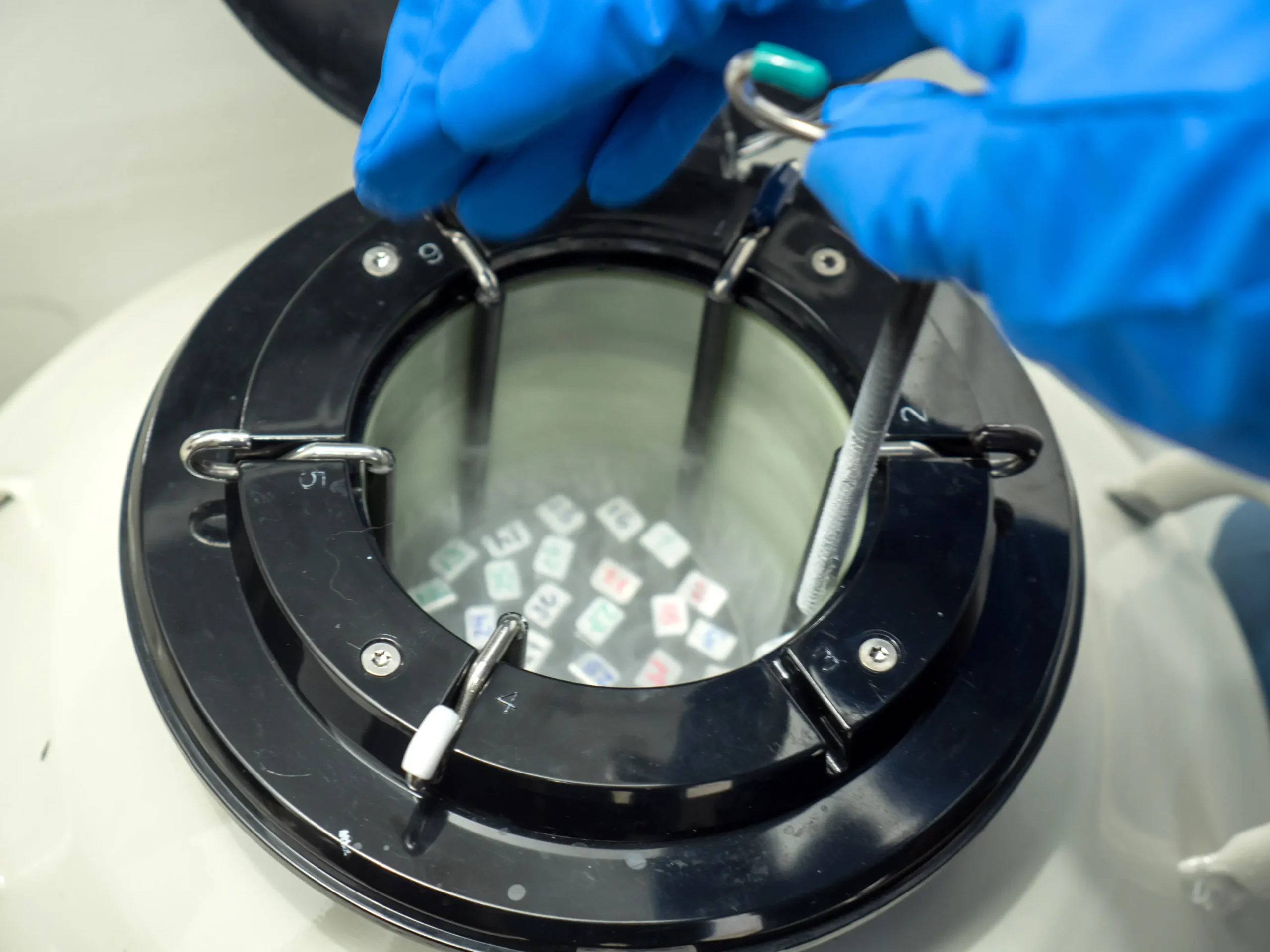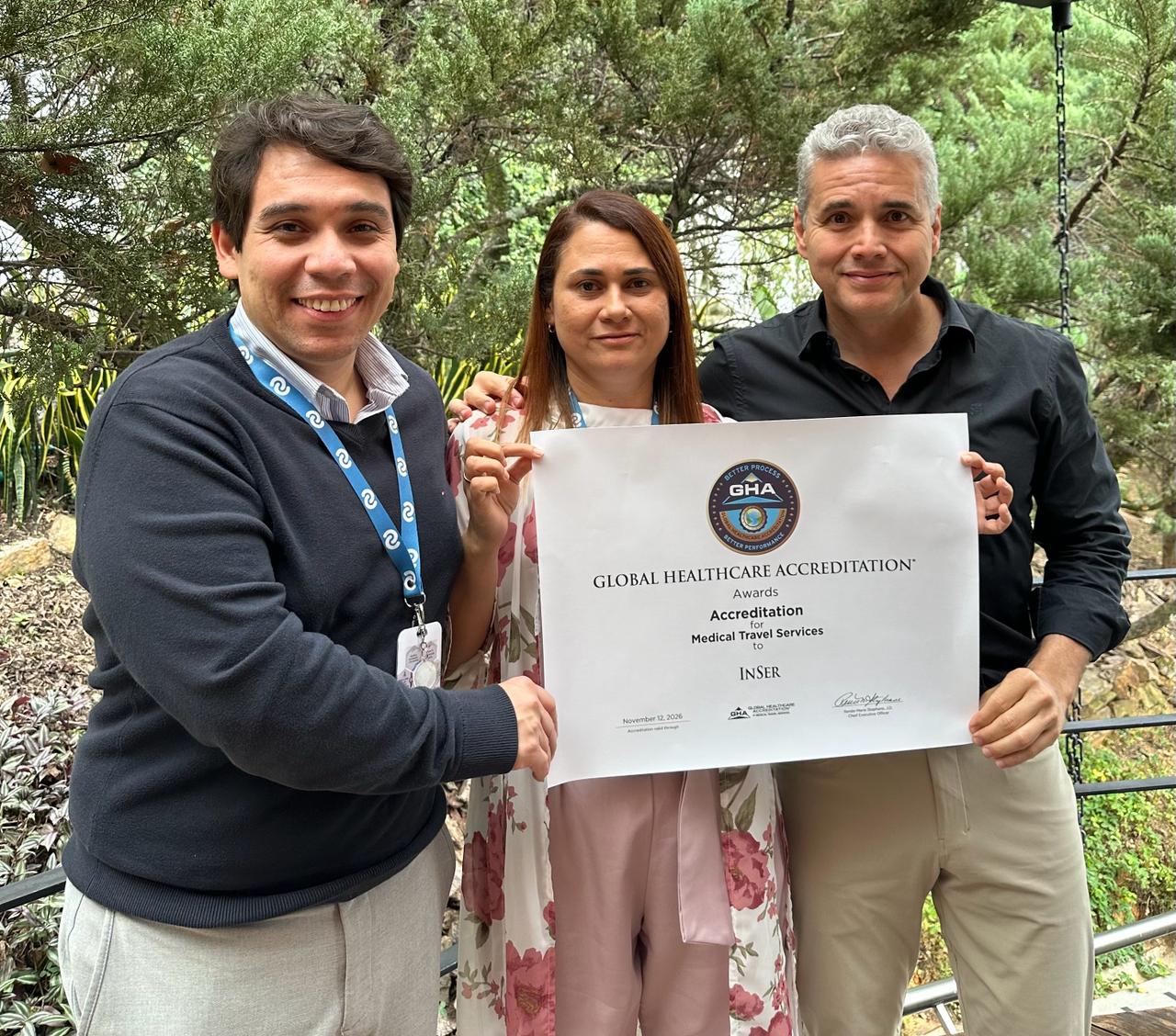It is important to understand the relevance of genetics as the scientifically based starting point for calculating the genetic load, which shows us the probability of developing a disease due to our genetic makeup.
Human cells consist of 46 chromosomes. These consist of 2 sex chromosomes (X and Y) and 22 pairs of non-sex chromosomes (autosomal). Males have “46, XY” and females “46, XX”. Chromosomes consist of strands of genetic information called DNA, which contains sections called genes. These carry the information needed for your body to make specific proteins.
Each pair of autosomal chromosomes contains one chromosome from the mother and one from the father, meaning each pair has the same number of genes.
If you require more information on this topic, please contact our experts in genetics Colgenes al +57 313 6096603









